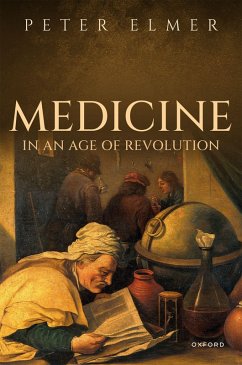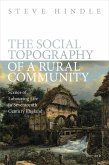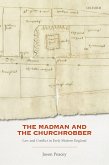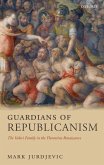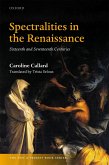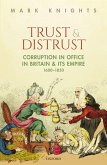This is an open access title available under the terms of a CC BY-NC-ND 4.0 International licence. It is free to read on the Oxford Academic platform and offered as a free PDF download from OUP and selected open access locations. Medicine in an Age of Revolution is the first major attempt since the 1970s to challenge the idea that the essential engine of medical (and scientific) change in seventeenth-century Britain was puritanism. While Peter Elmer seeks to reaffirm the crucial role of the period of the civil wars and their aftermath in providing the most congenial context for a re-evaluation of traditional attitudes to medicine, he rejects the idea that such initiatives were the special preserve of a small religious elite (puritans), claiming instead that enthusiasm for change can be found across the religious spectrum. At the same time, Elmer seeks to show that medical practitioners were increasingly drawn into contemporary religious and political debates in a way that led to a fundamental politicization of the 'profession'. By the end of the seventeenth century, it was commonplace to see doctors, apothecaries, and surgeons fully engaged in everyday political and civic life. At the same time, religious and political orientation often became an important factor in the career development of medics, especially in towns and cities, where substantial benefits might accrue to those who found themselves in favour with the ruling elites, be they Whig or Tory. The body politic, a Renaissance commonplace, was now peopled by medical practitioners who often claimed a special authority when it came to diagnosing the ills of late seventeenth century society.
Dieser Download kann aus rechtlichen Gründen nur mit Rechnungsadresse in A, B, BG, CY, CZ, D, DK, EW, E, FIN, F, GR, HR, H, IRL, I, LT, L, LR, M, NL, PL, P, R, S, SLO, SK ausgeliefert werden.
Hinweis: Dieser Artikel kann nur an eine deutsche Lieferadresse ausgeliefert werden.

